On social media, the difference between real and fake is almost impossible to discern. As more and more teens log on, both misinformation, which involves accidentally getting the facts wrong, and disinformation, which is the intentional spread of false information, spread faster and are difficult to spot. In addition, what may seem like harmless gossip or a prank can affect people on a much deeper level.
One example of harmful disinformation spread online was when, in June of 2024, a tourist submersible going to see the Titanic imploded. That month, an audio was shared on TikTok that claimed to be a recording of the screams of the passengers on this submersible. However, it was later discovered that the screams were from a popular video game, Five Nights at Freddy’s.
This false information caused unnecessary distress for family members and others who imagined the horror that the passengers may have faced in their last moments.
Now, with the development of AI, disinformation has become even more realistic and easier to produce. “AI has become really advanced,” said Eva Garcia-Miro ‘29. “You can fake almost anything you want.”
Popular influencers are also often spreaders of both misinformation and disinformation. According to one staff member, “They’re just trying to find ways to make money or gain fame or viewers or followers.”
It’s true that on social media, people often gain popularity for twisting information to make it more exciting or appealing. “People want to see drama and controversy,” acknowledged Elsa Wick ’29. “They don’t want the truth or boring, regular lives.”
Young people are often guilty of spreading false information, but they are also at a high risk for believing it. In part, this is because they are so bombarded with posts and articles and may not have time to sift through it all. Because of this, schools and parents need to educate their children through school trainings and honest conversations at home.
“I think that people need to be aware that not everything you see is the complete truth,” said Wick. “In the future, I hope that people put more thought into what they post and share so that this age of misinformation might be put to an end.”

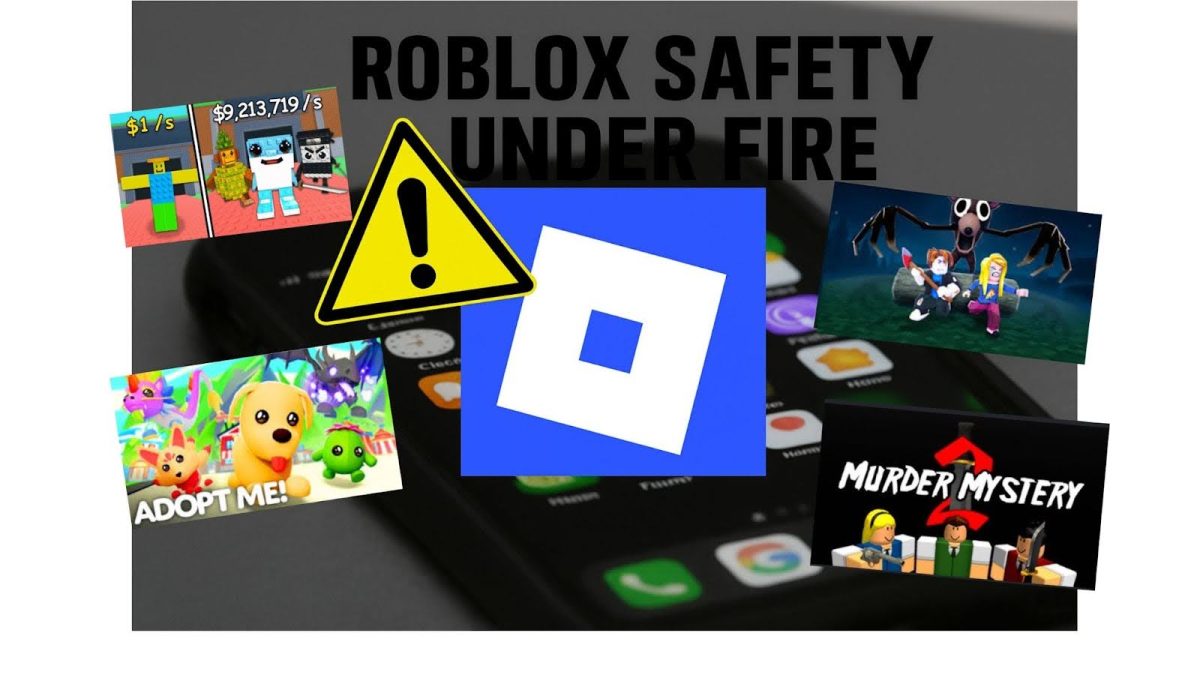
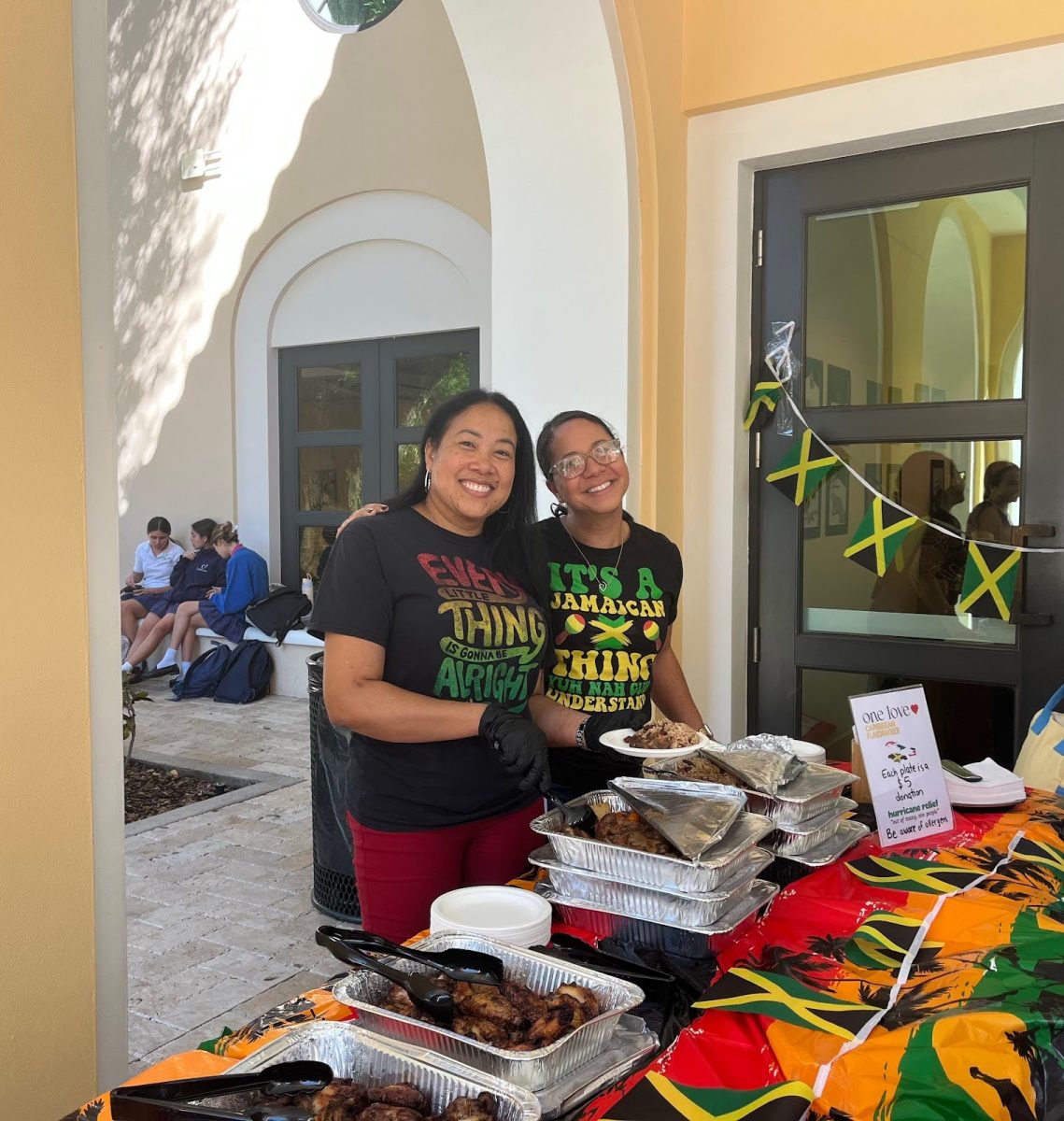
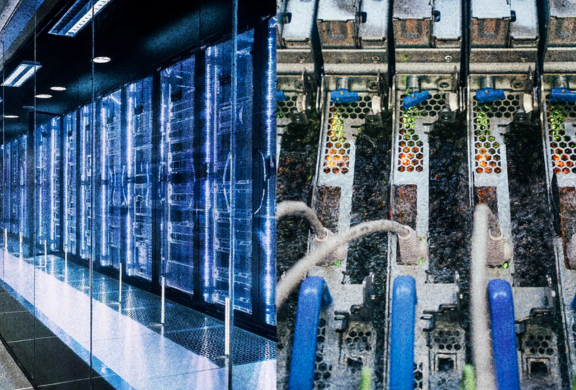
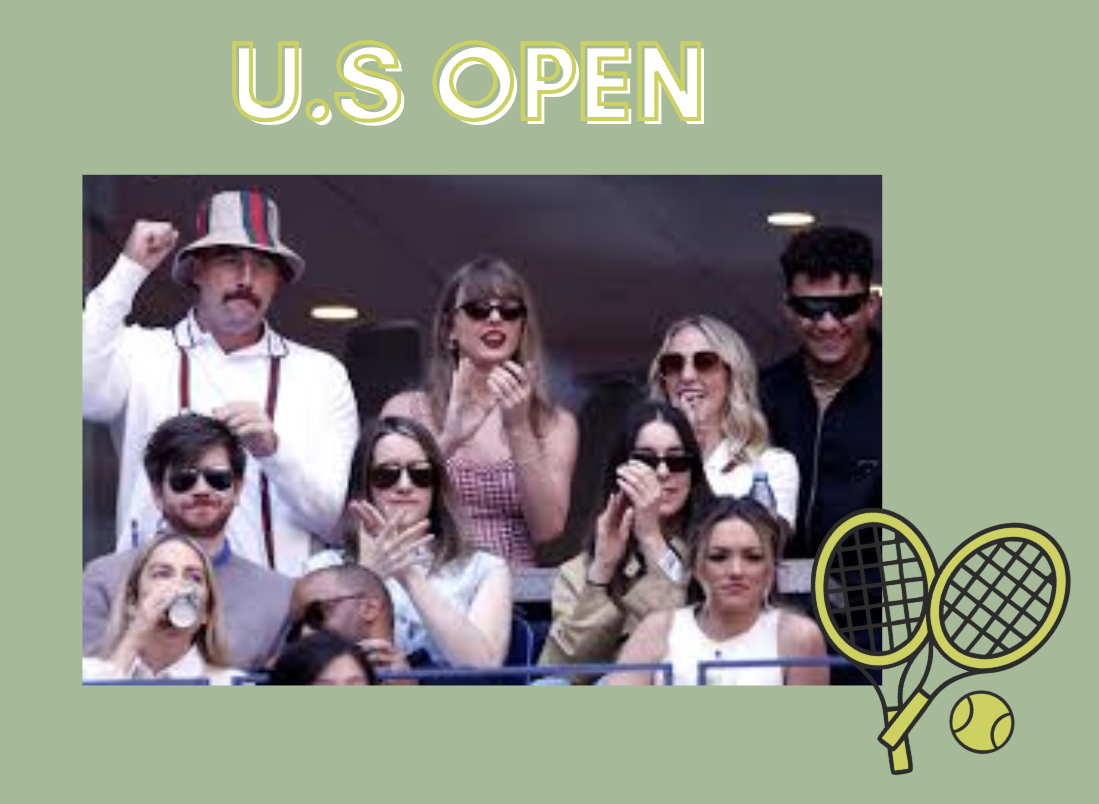
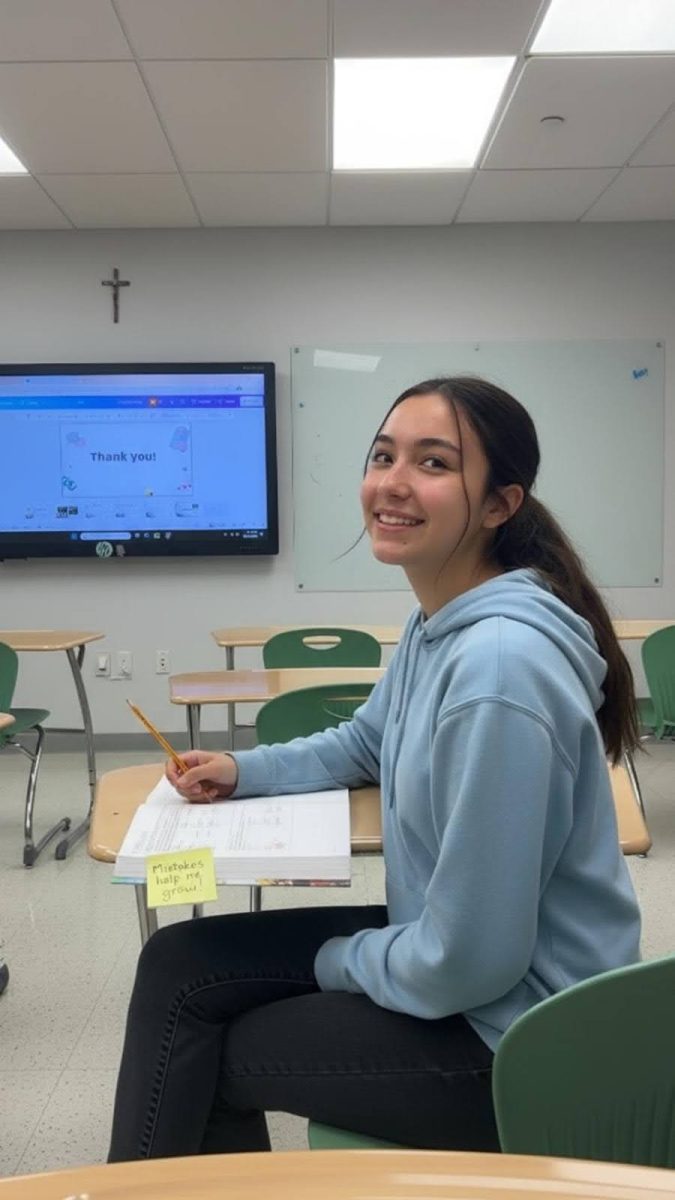
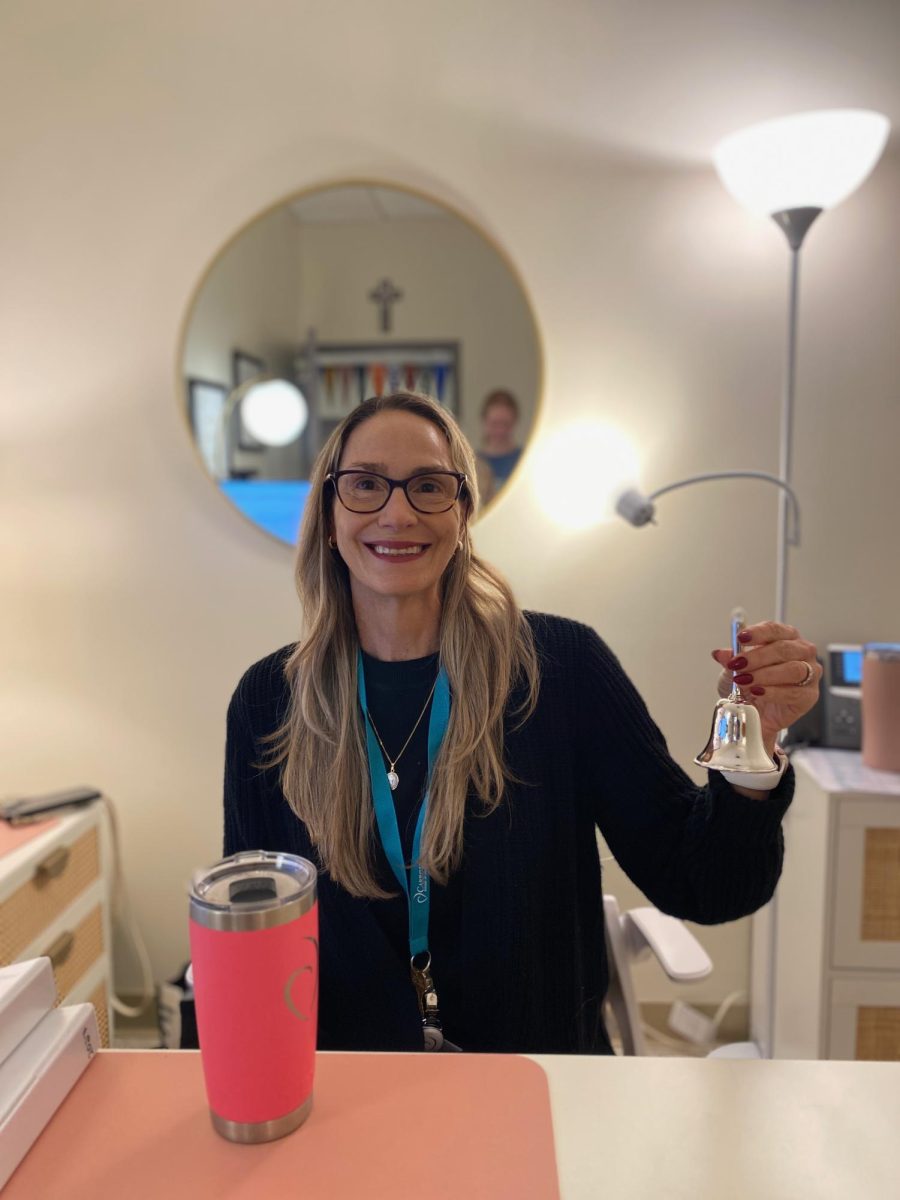
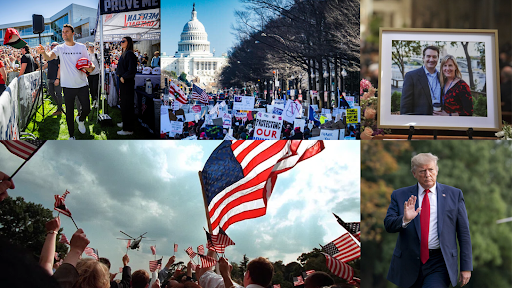


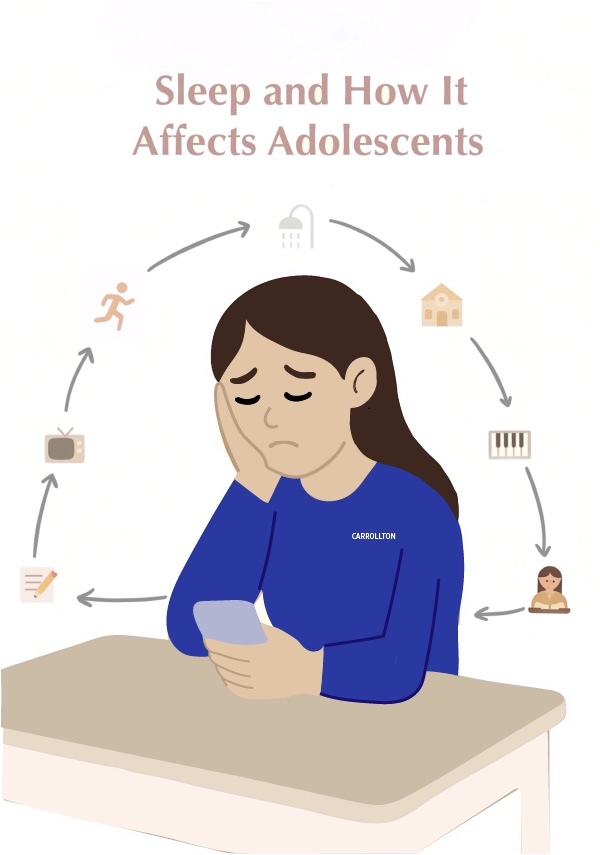







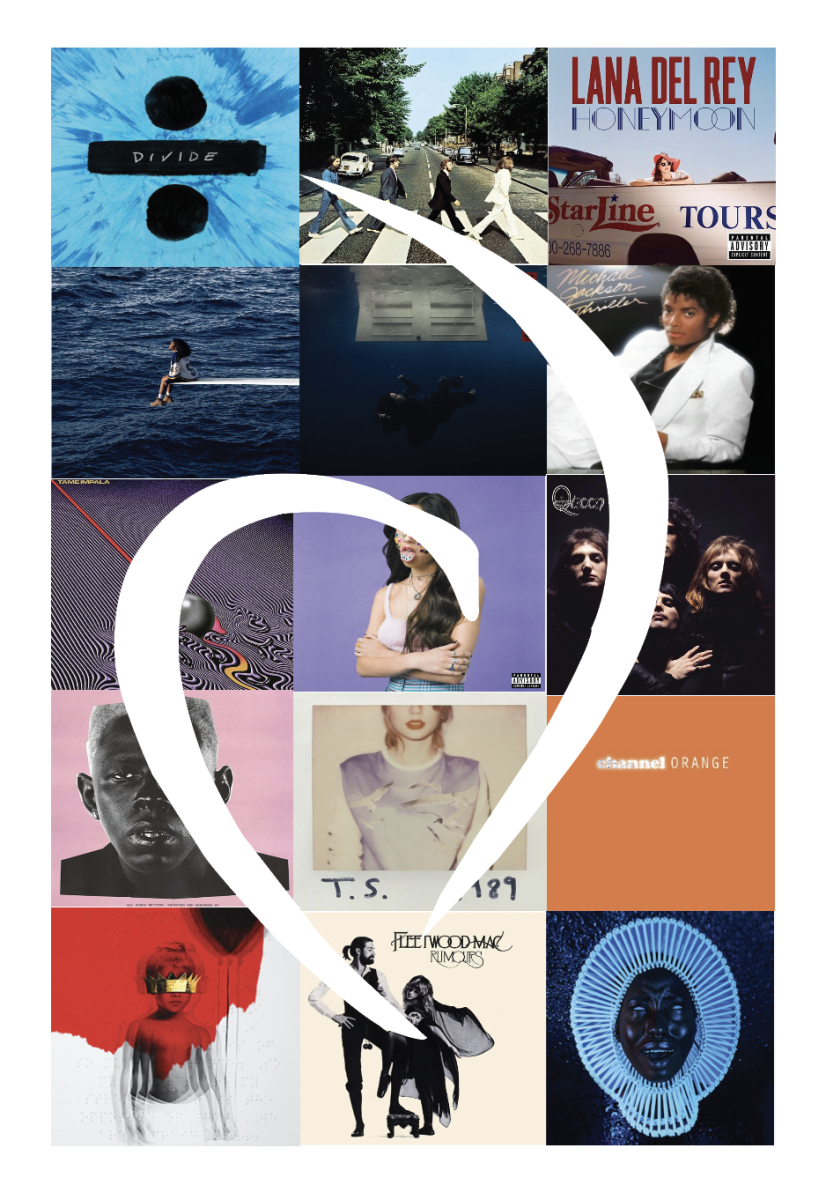
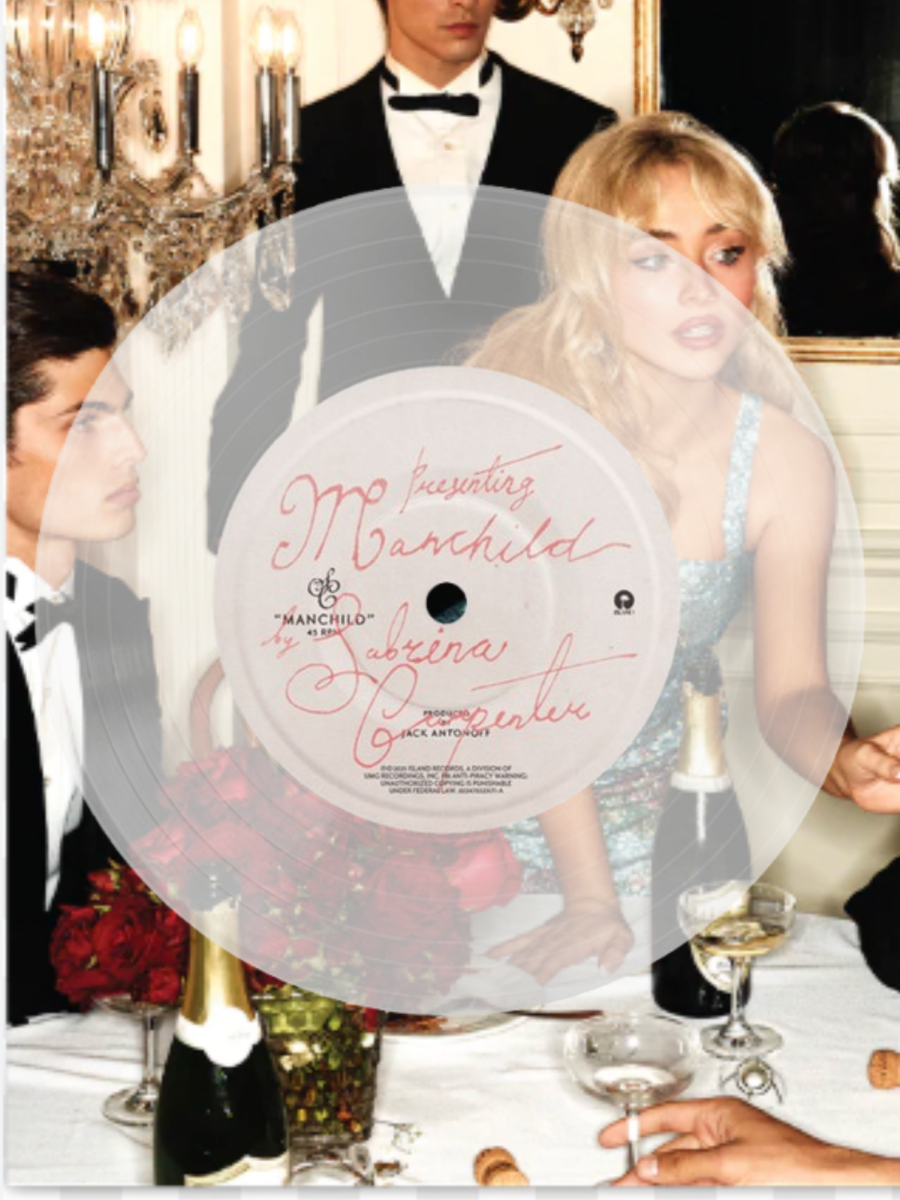
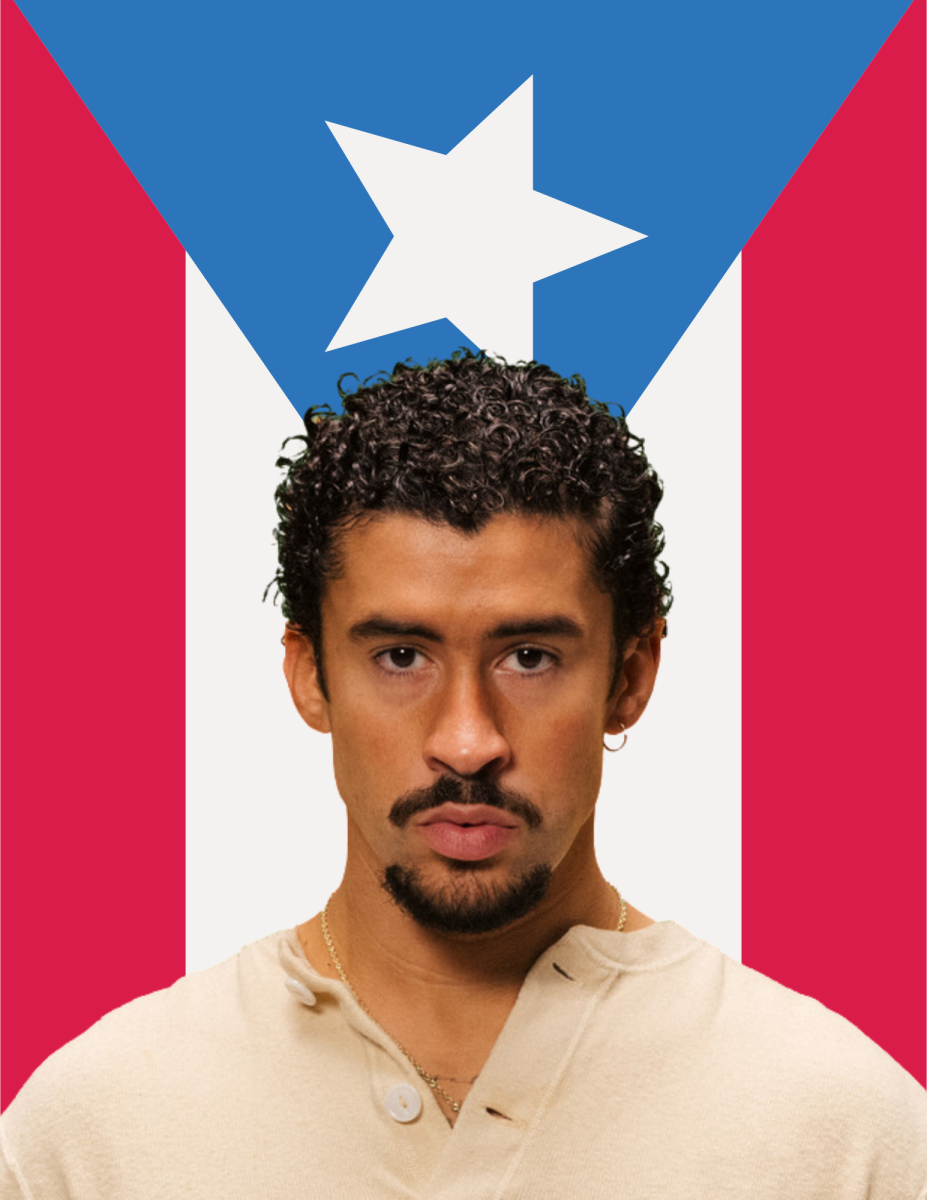
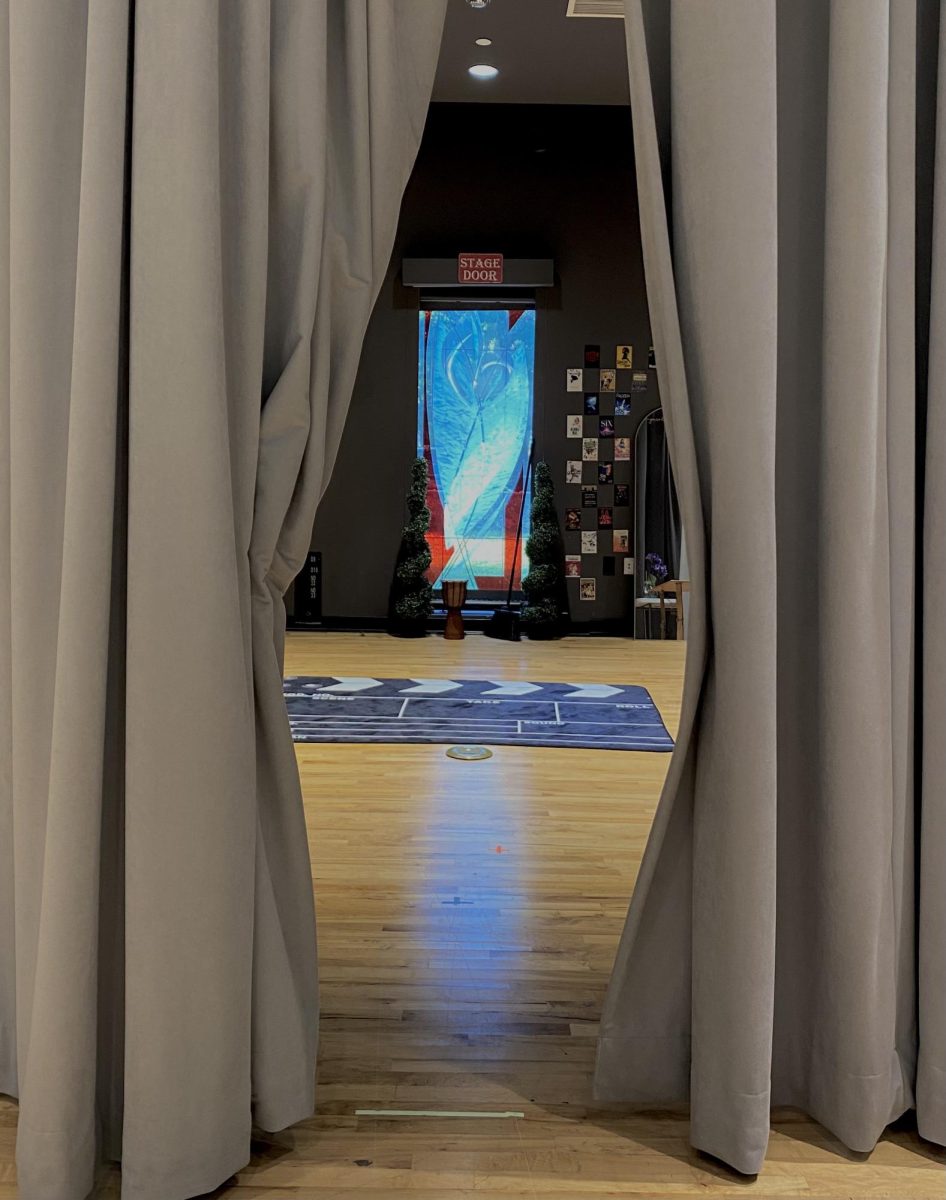
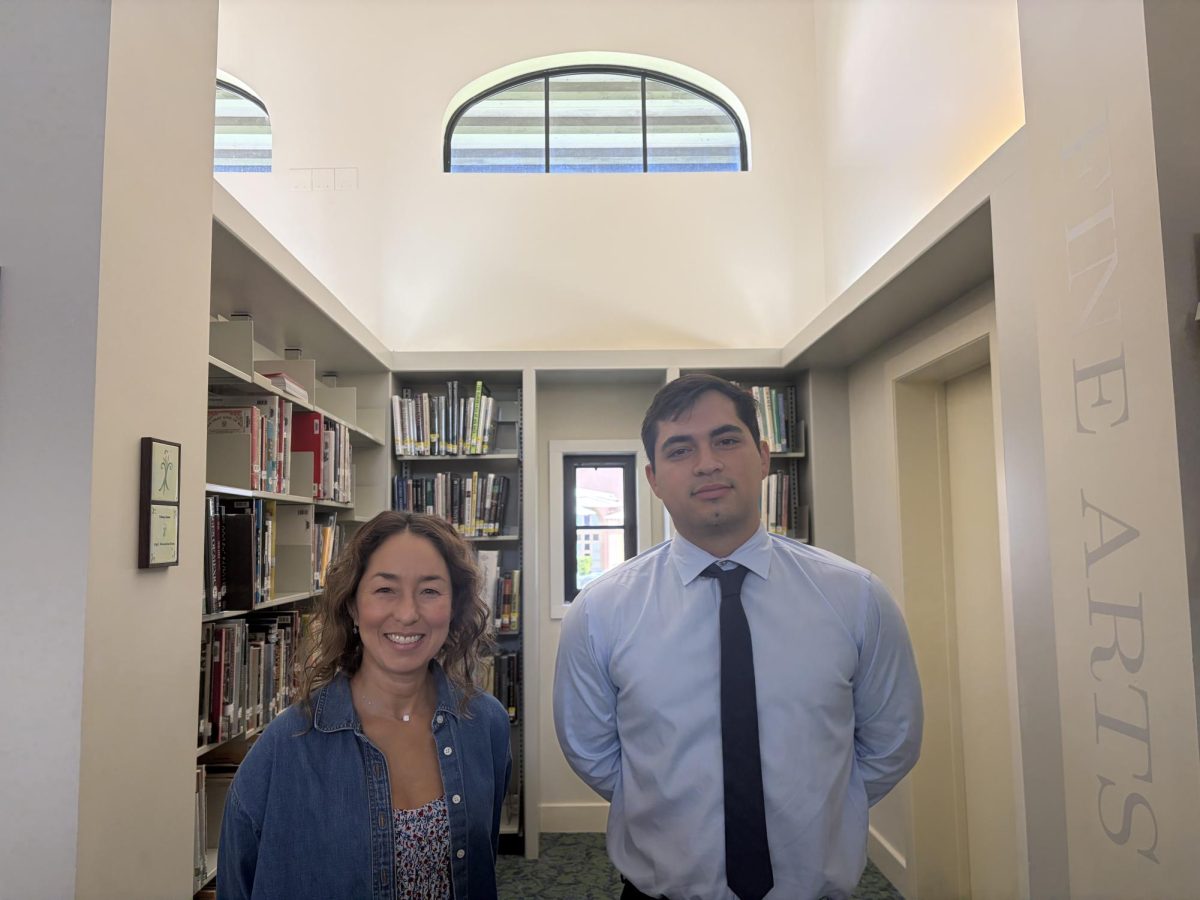
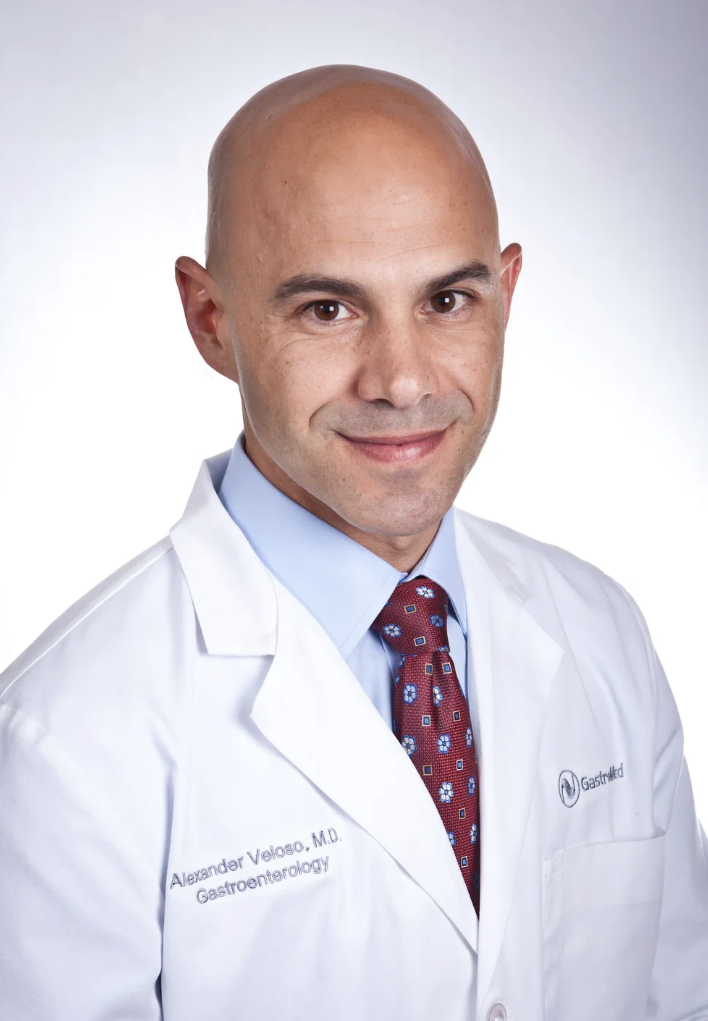
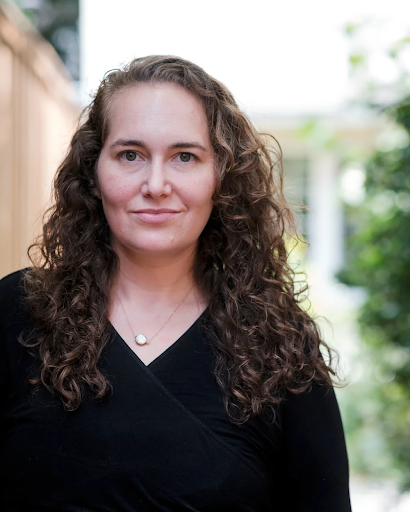
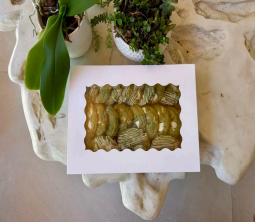


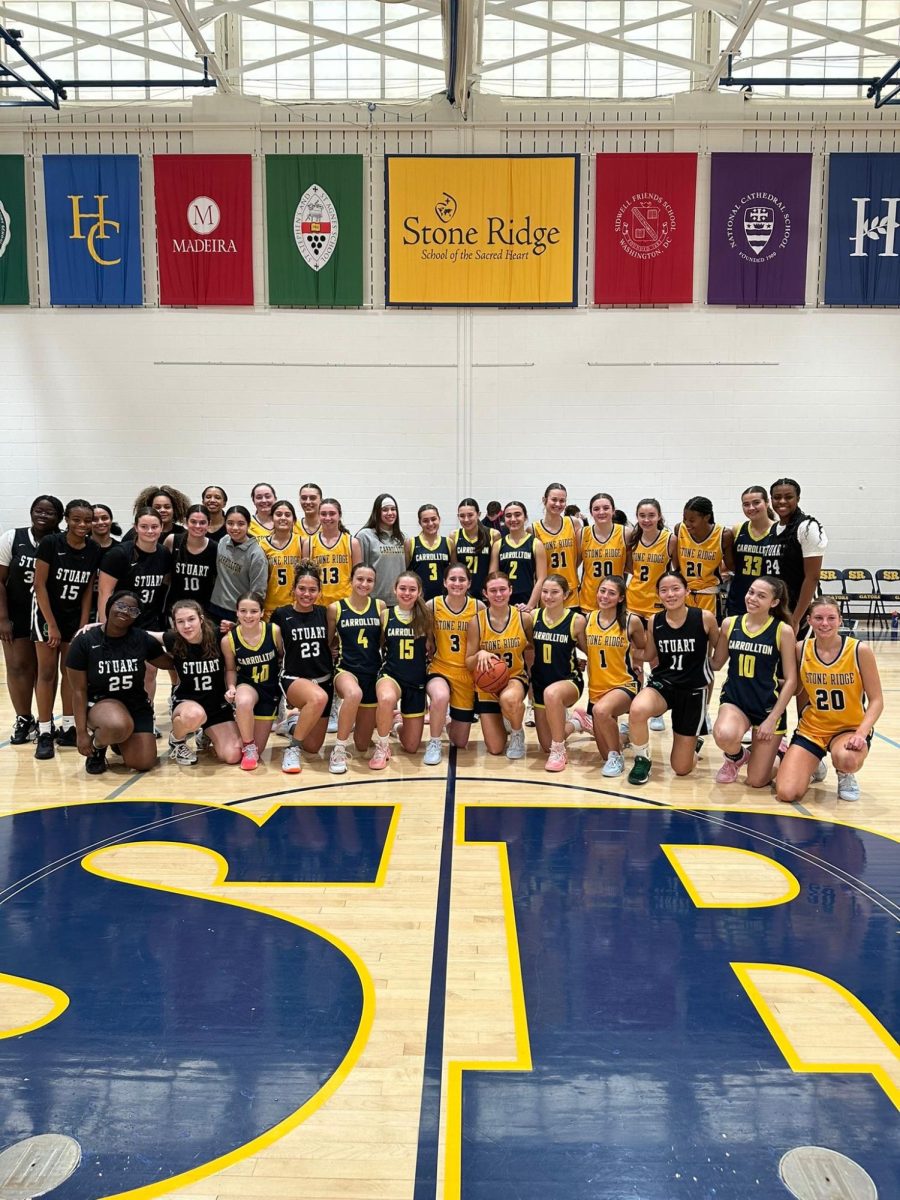
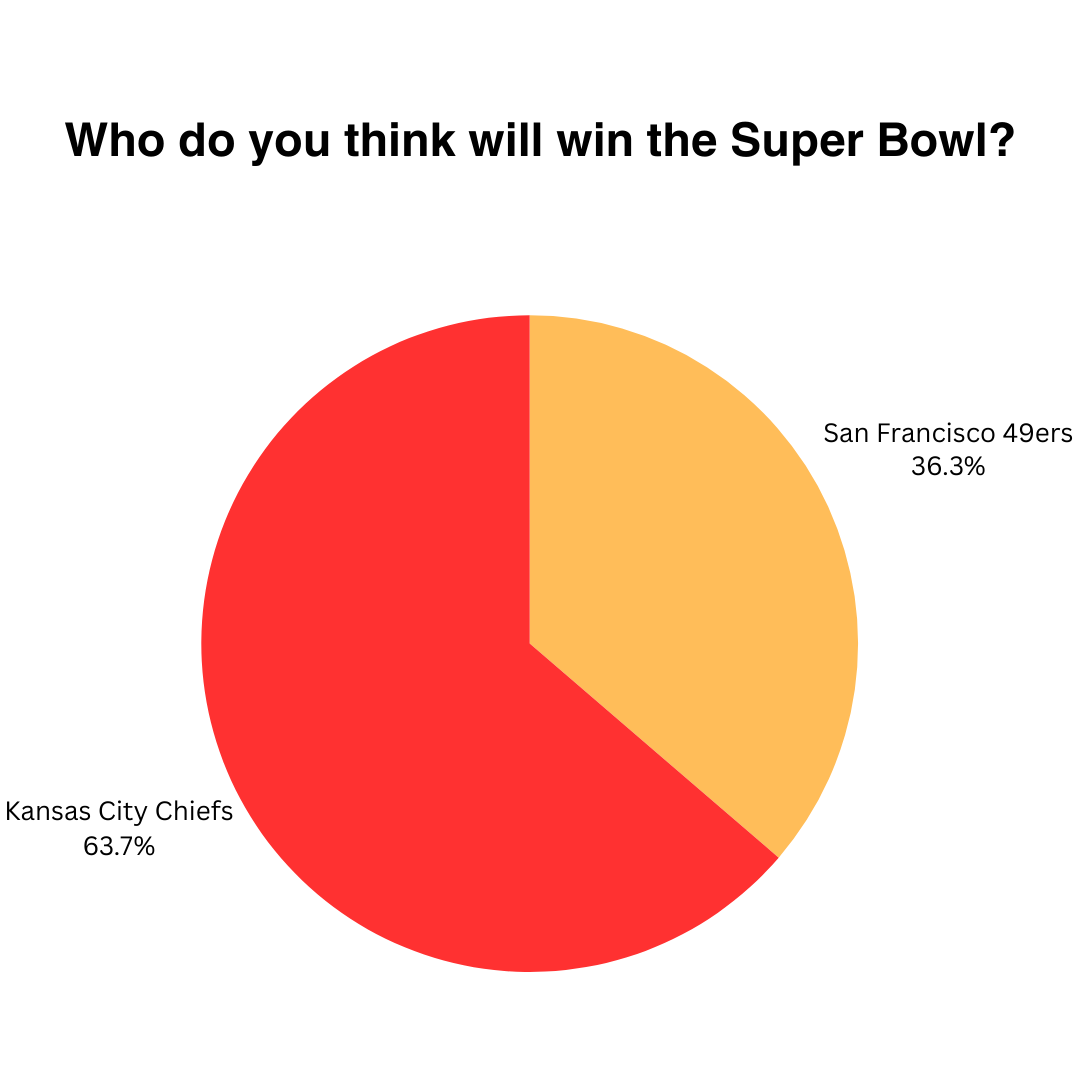
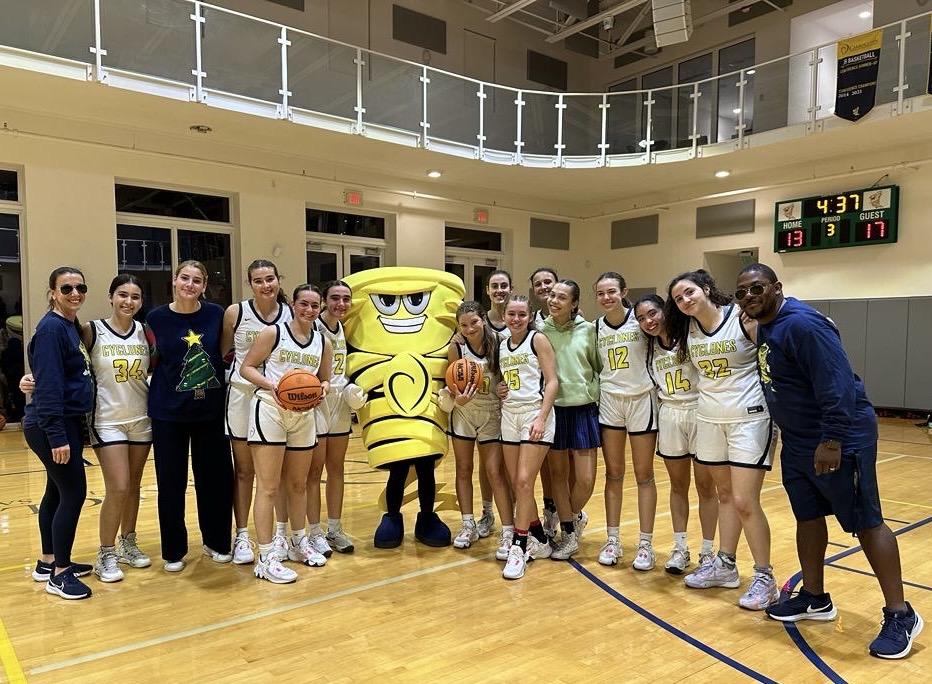

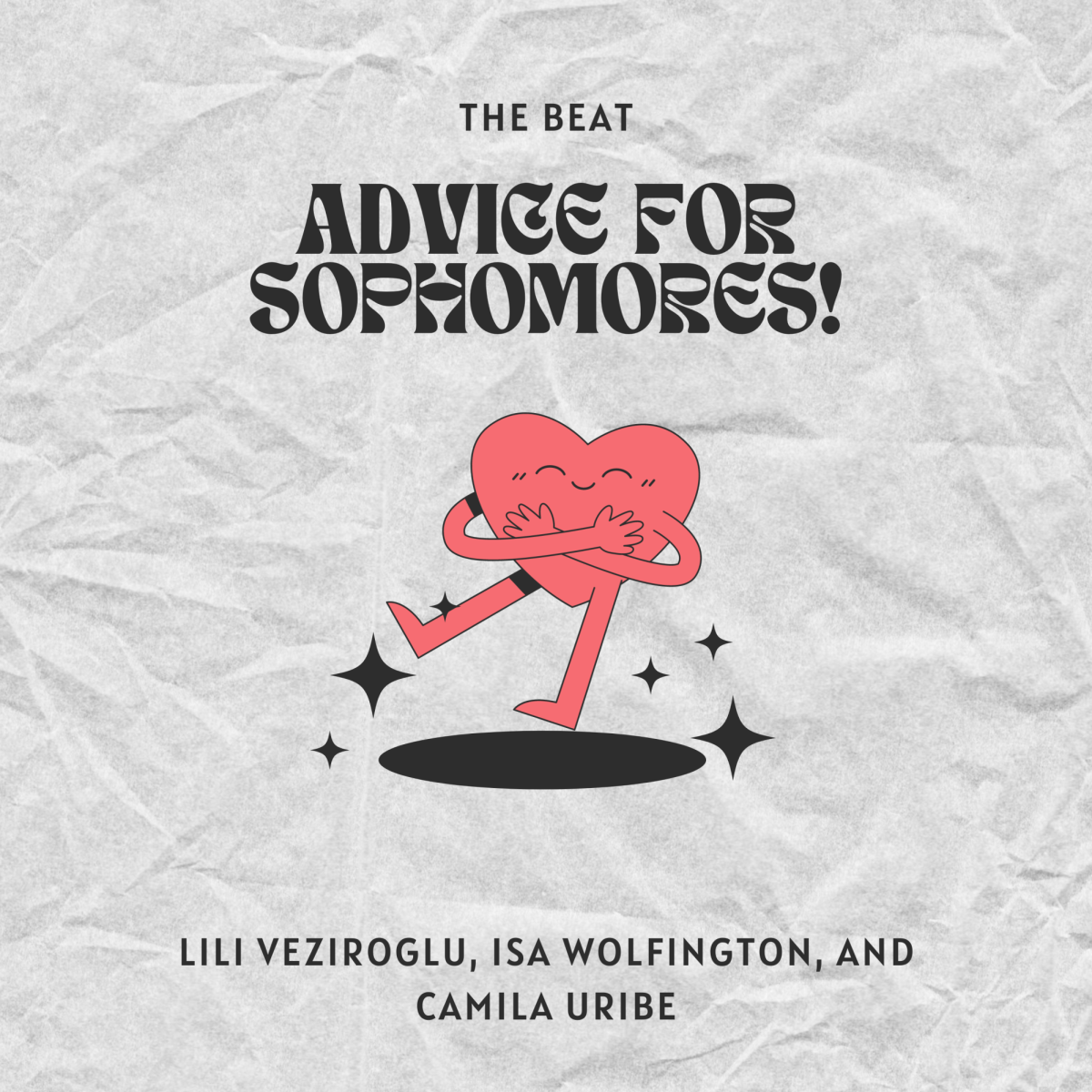
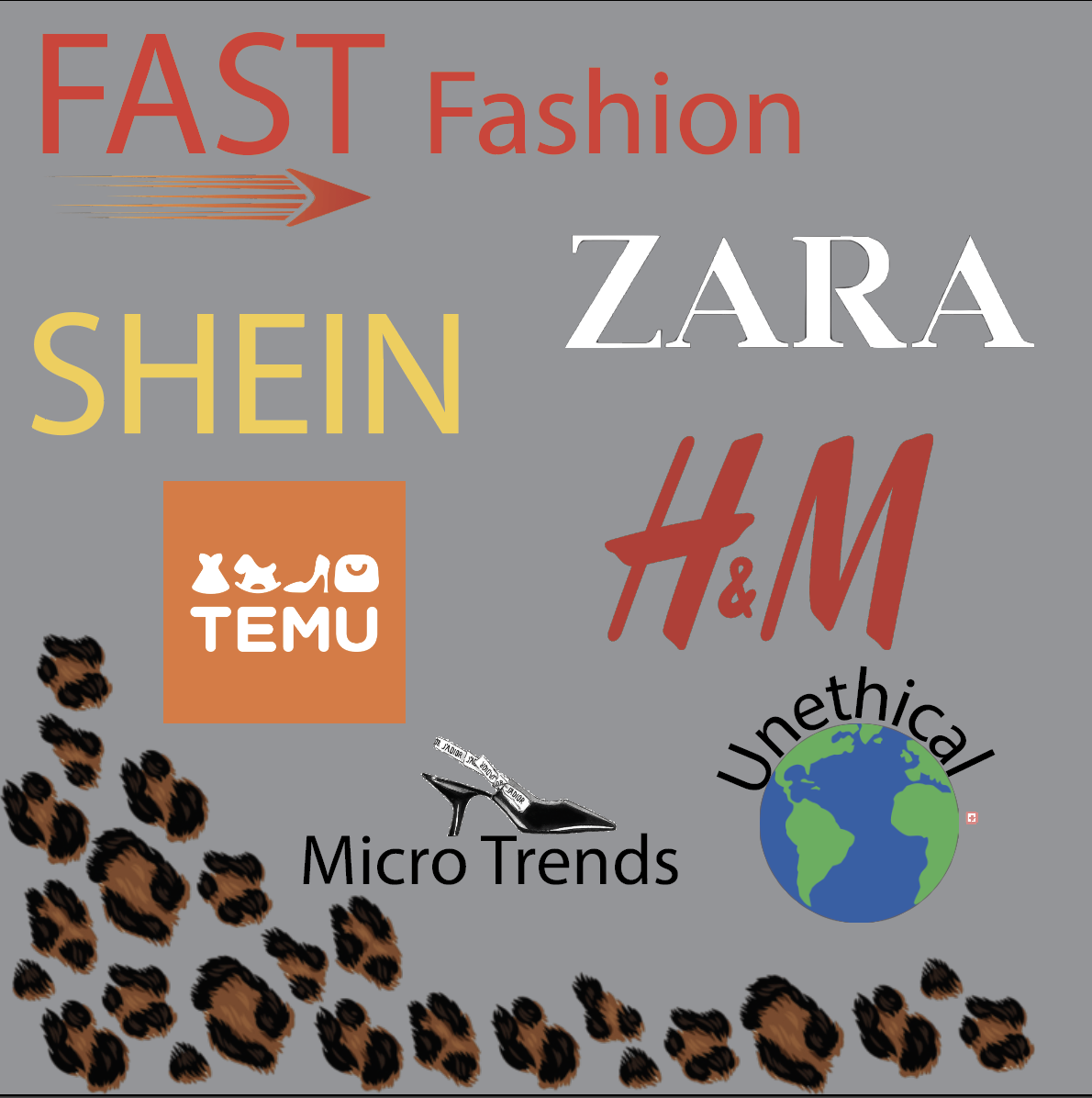


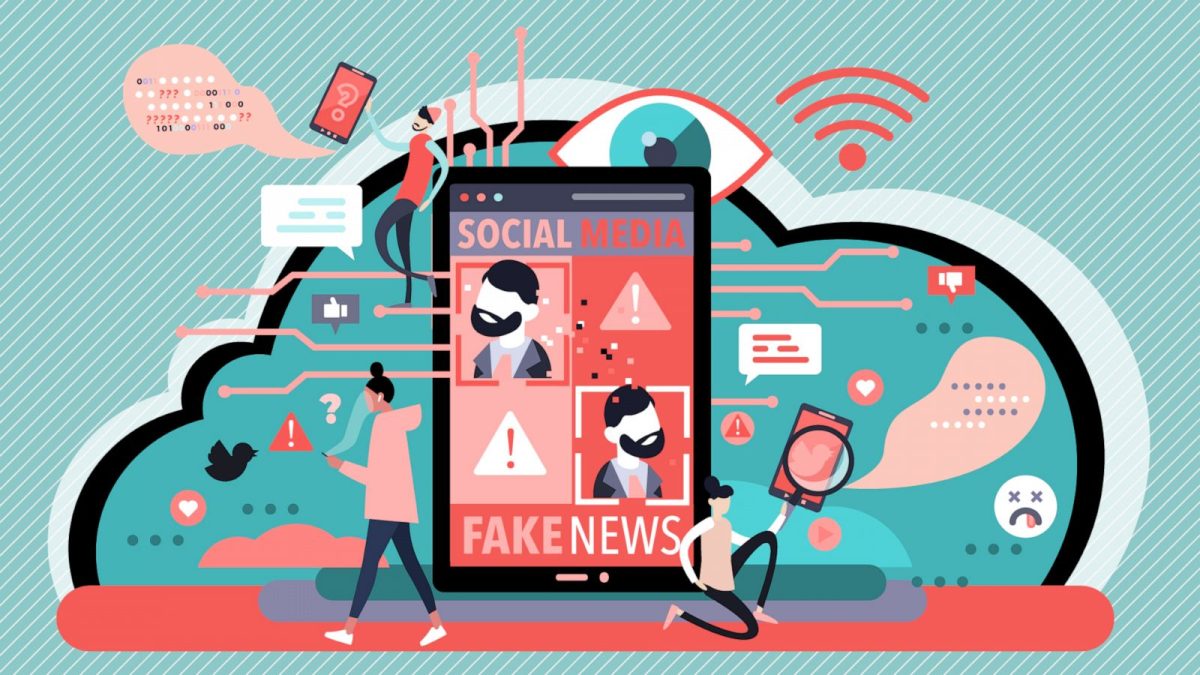
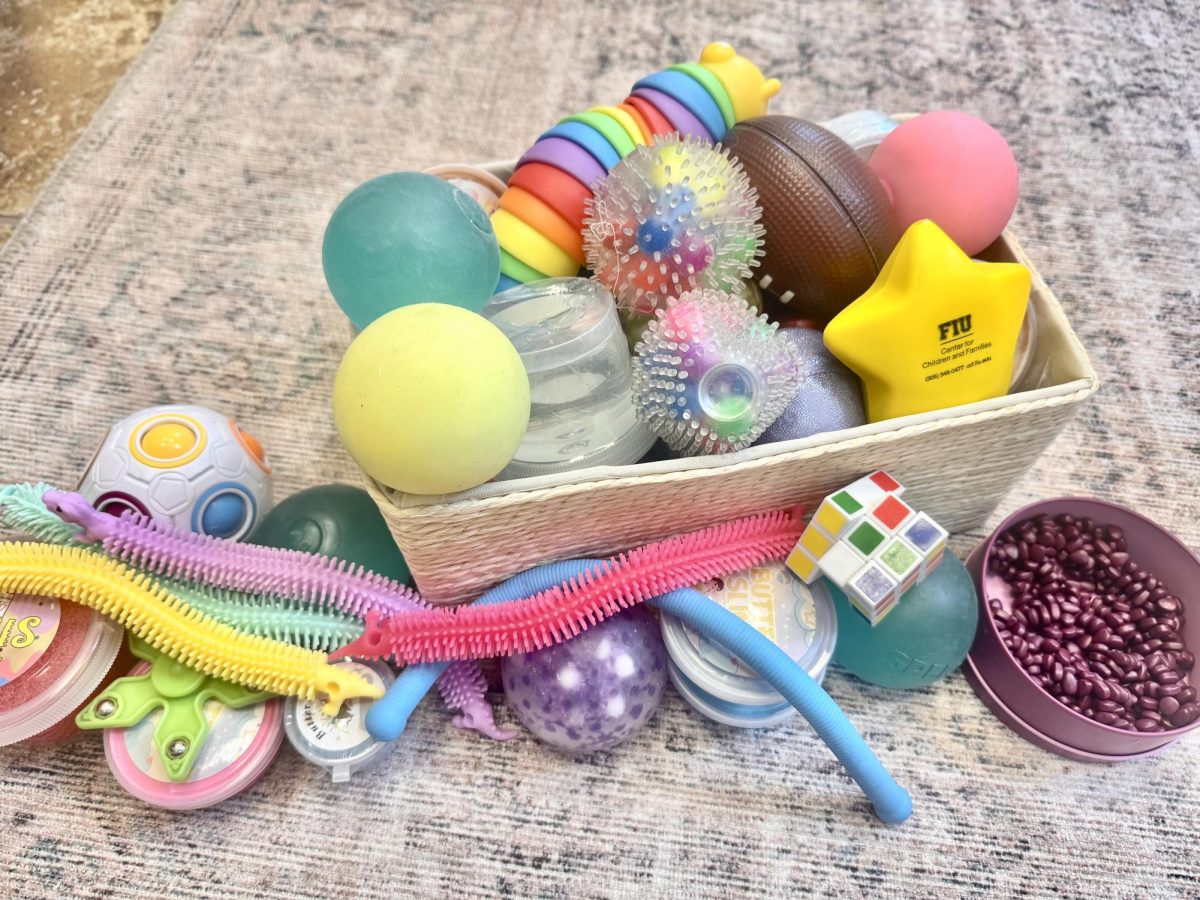


Emma Sundblad • Oct 22, 2025 at 8:58 am
Very informative. This is a very important article during these times of mass communication.